Department of Chemistry, Faculty of Science/Graduate School of Science/School of Science, Kyushu University
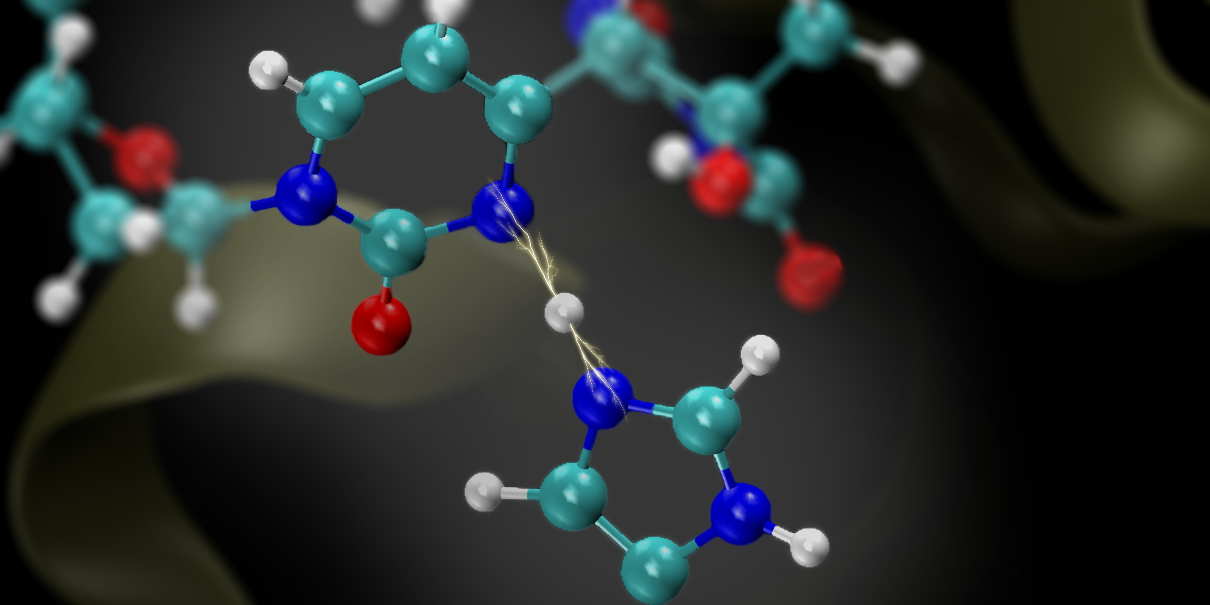
About Theoretical Chemistry Group , Kyushu University
NEWS
Recent Topics

New Year's party of our lab was held. [2026.1.8]

Taiyo Moriyama (M1) received the Outstanding Student Presentation Award at the 39th Molecular Simulation Symposium[2025.11.27]


At the 39th Molecular Simulation Symposium, Takuma Ikeda(M2) and Taiyo Moriyama(M1) gave poster presentations! [2025.11.27]
Taiyo Moriyama (M1) received the Best Poster Presentation Award at the 26th Joint Seminar of the Kyushu Branch of the CSJ and the Busan Branch of the KCS! [2025.10.25]


At the 26th Joint Seminar of the Kyushu Branch of the CSJ and the Busan Branch of the KCS, Takuma Ikeda(M2) and Taiyo Moriyama(M1) gave poster presentations! [2025.10.25]
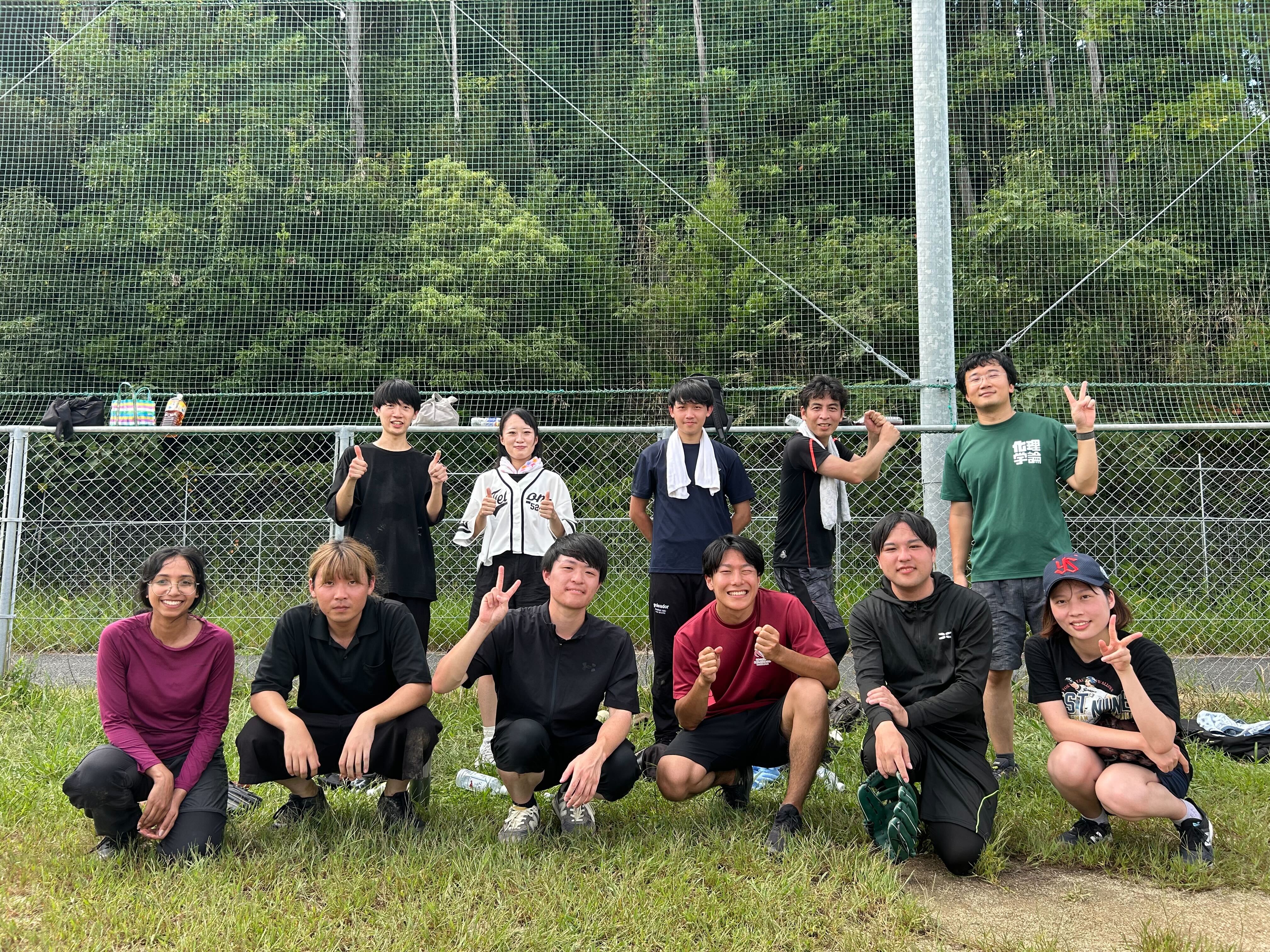
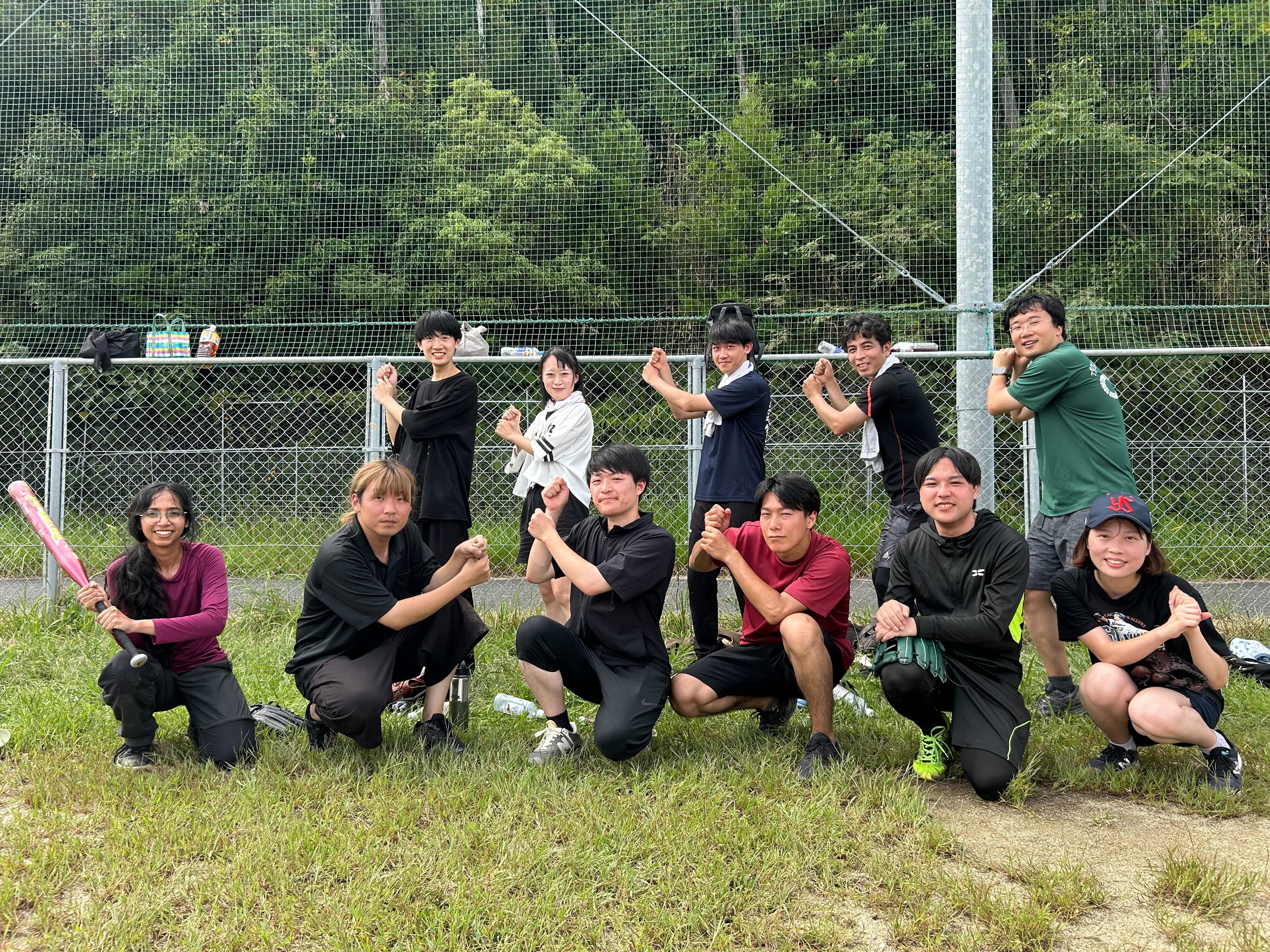
We participated in the Chemistry Department Softball Tournament! [2025.10.05]
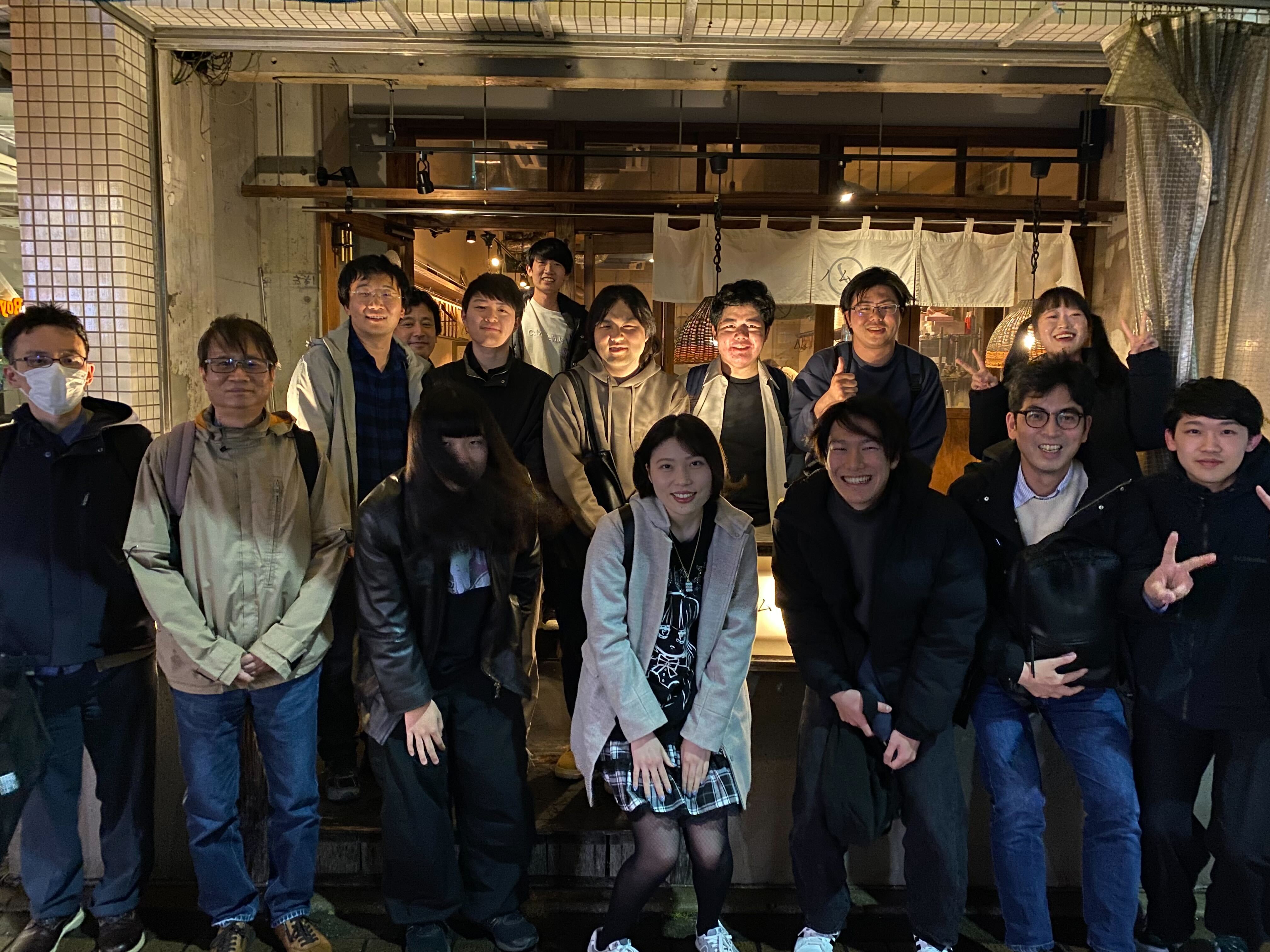
Welcome party for the new 4th year students of our laboratory was held! [2025.4.14]
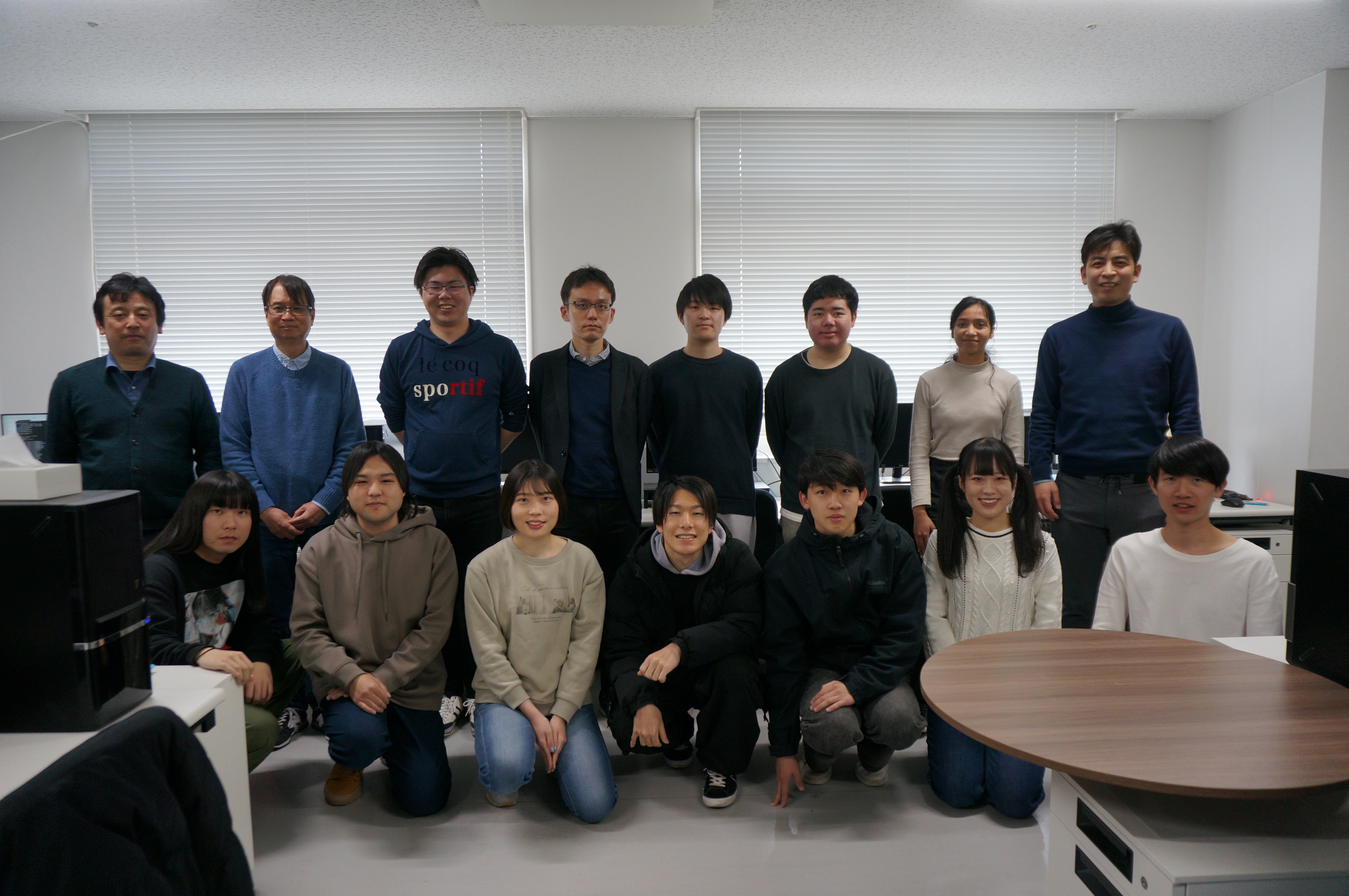
New 4th year students have been assigned to our laboratory! [2025.04.01]
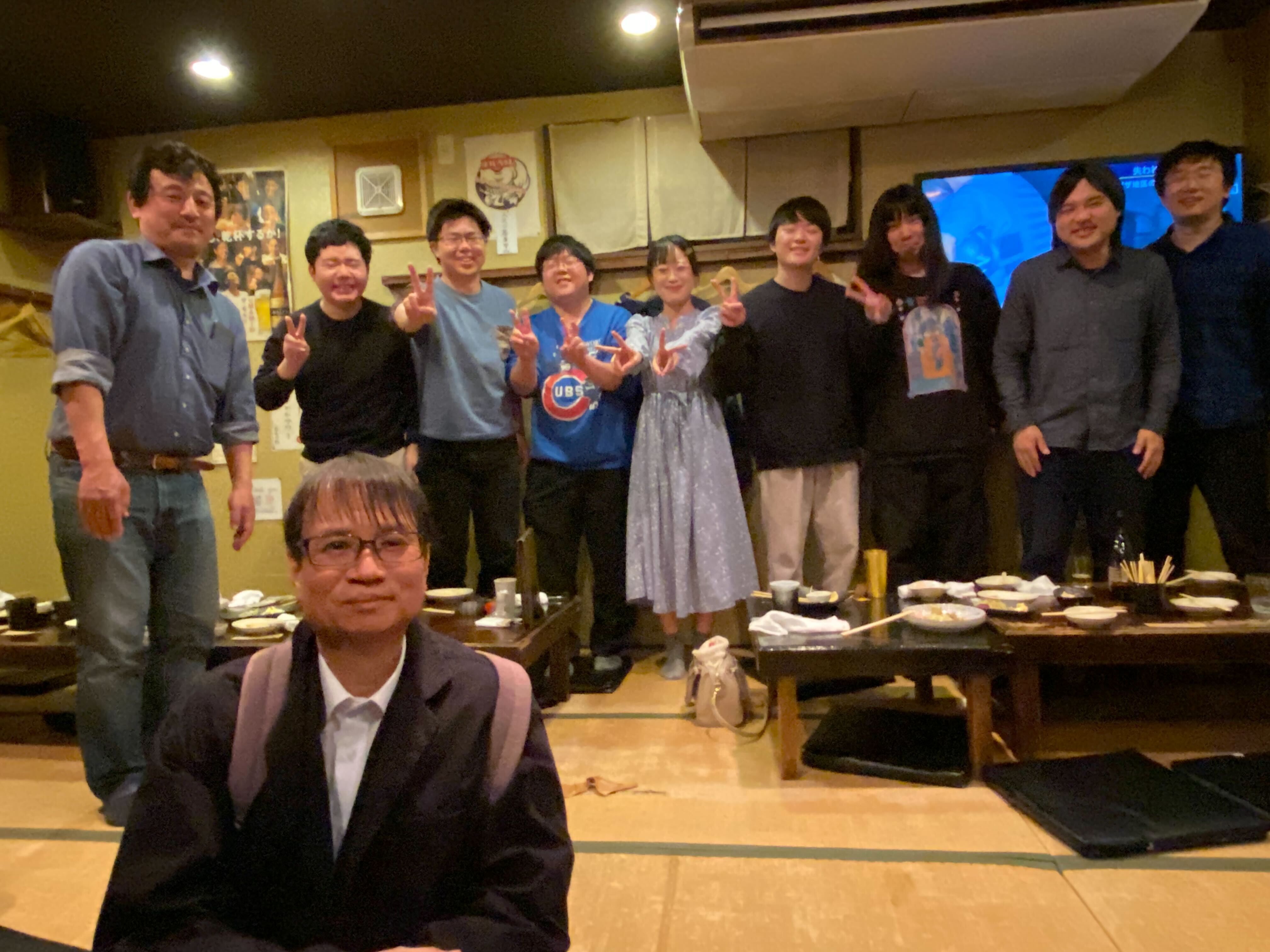
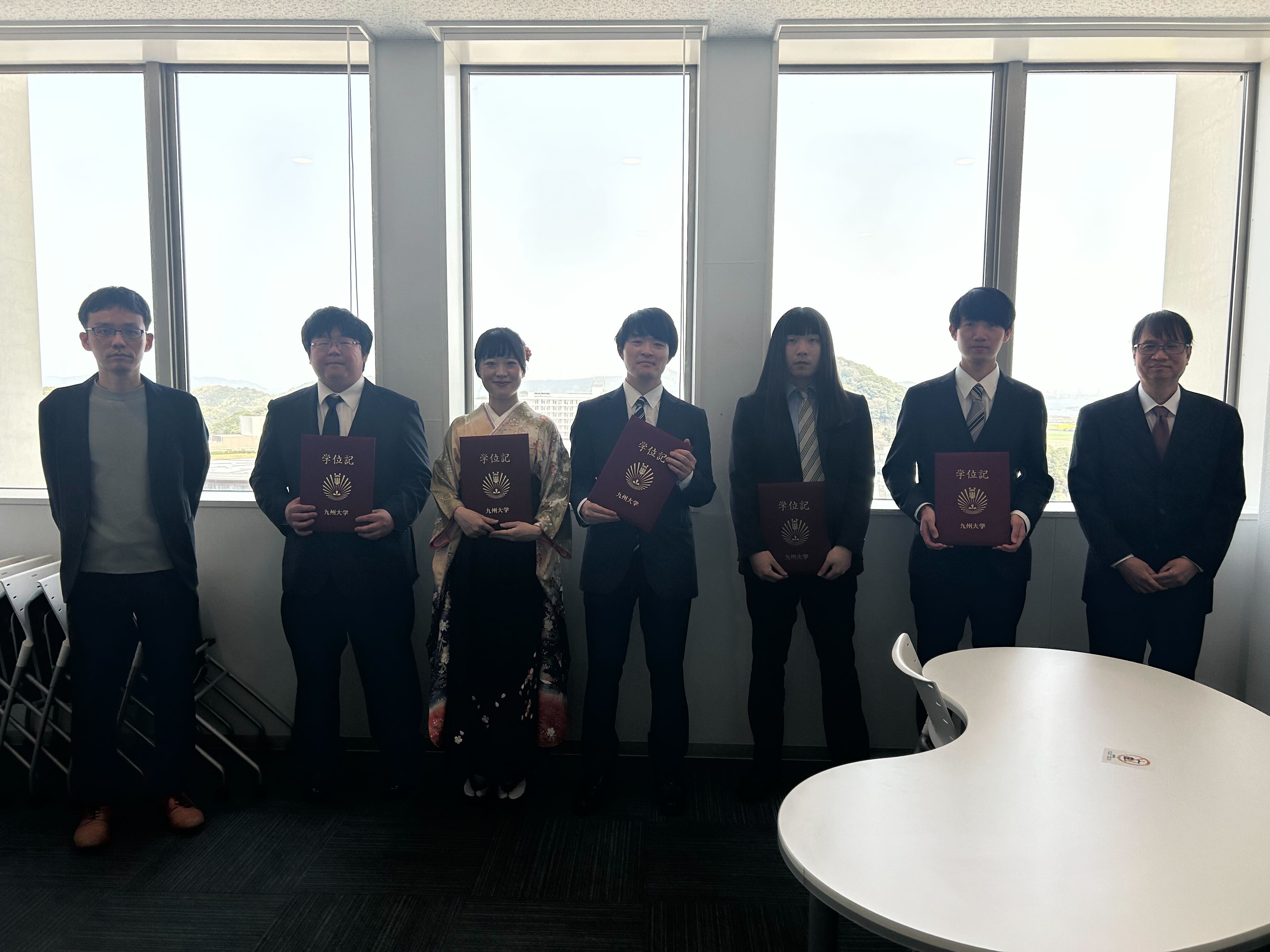
Kyushu University Graduation Ceremony was held and the celebration party for the graduates of our labo was held! [2025.03.25]
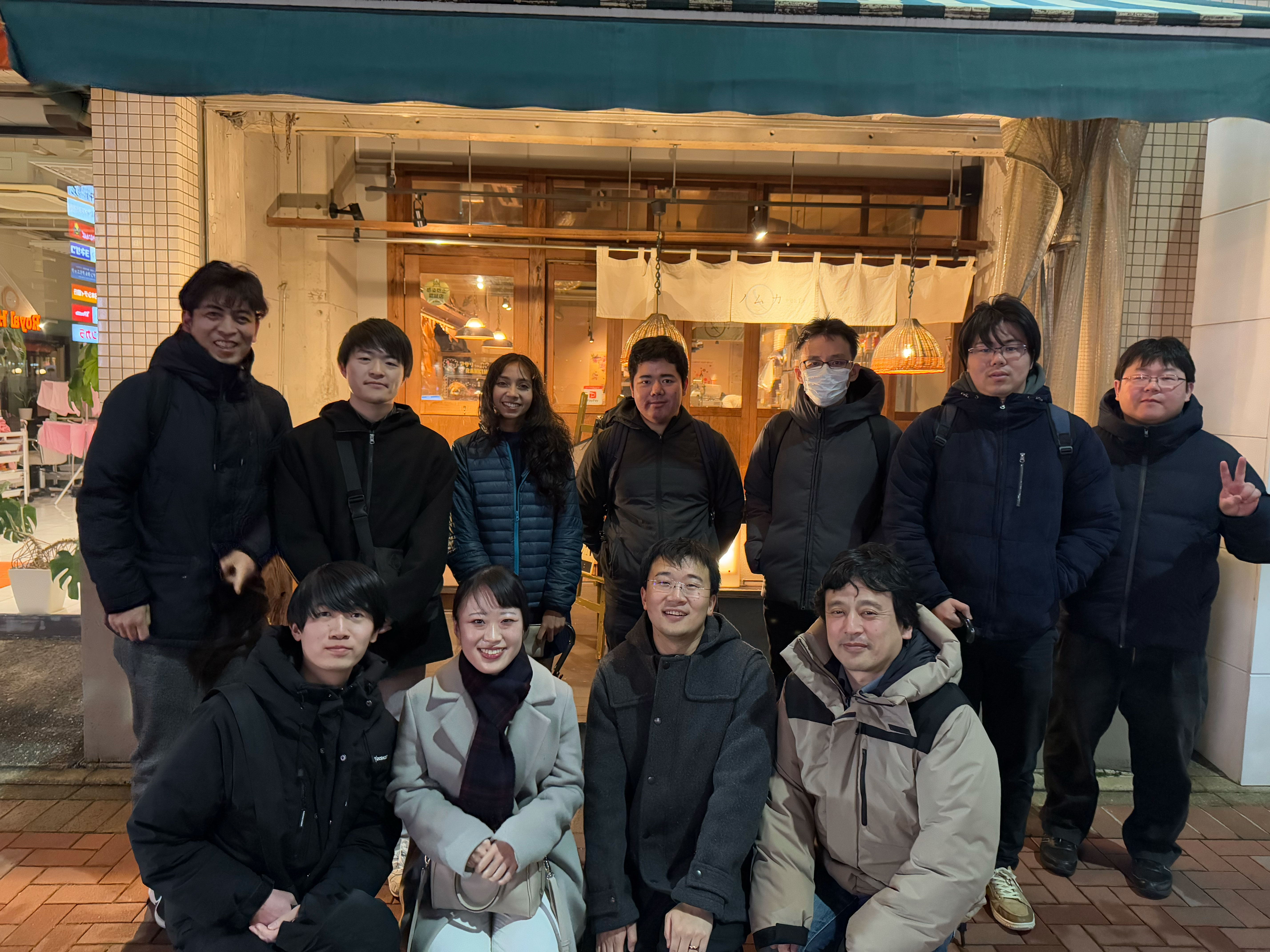
Welcome Party for Research Fellow Chen YANG were held! [2025.01.27]
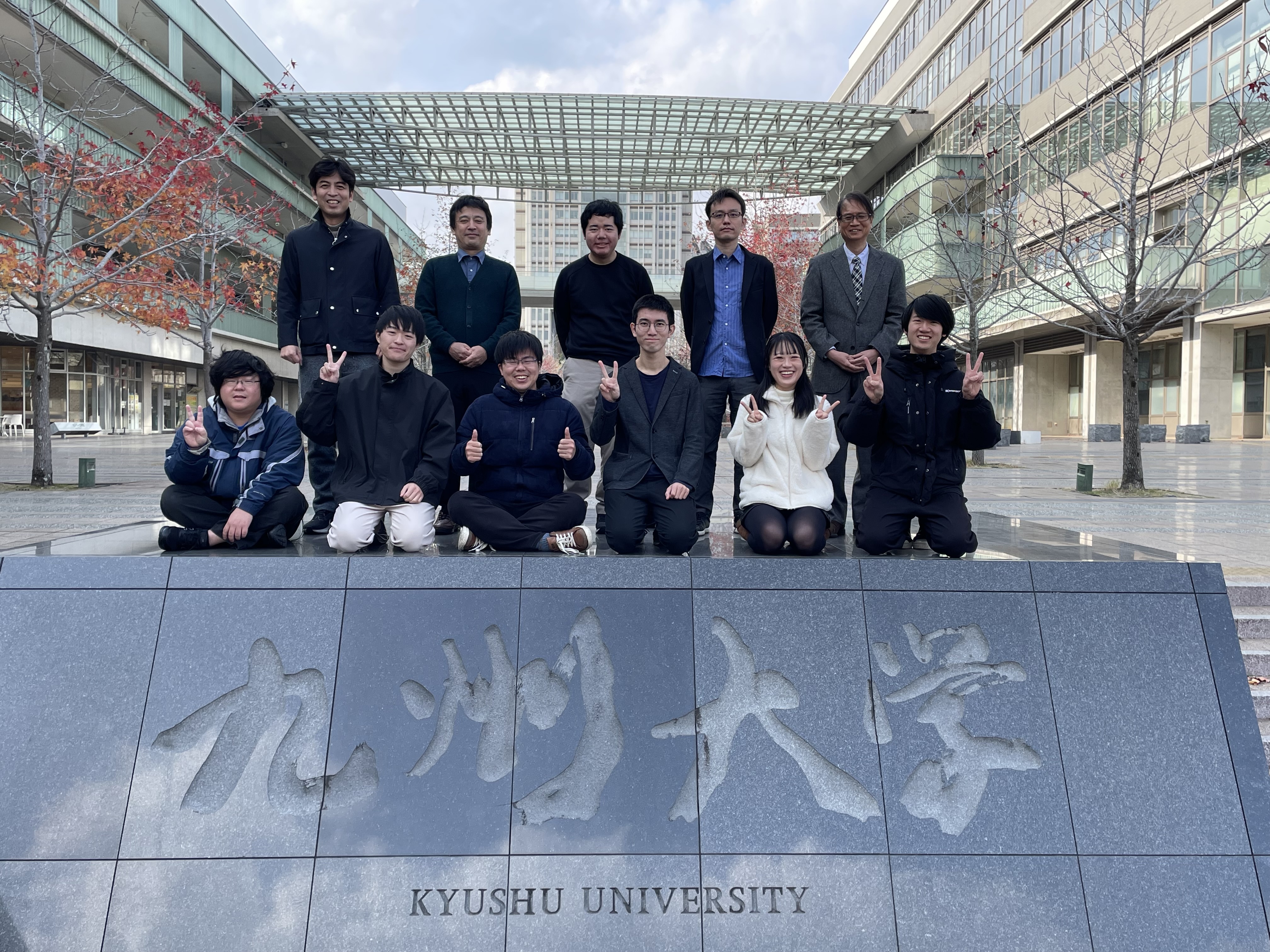
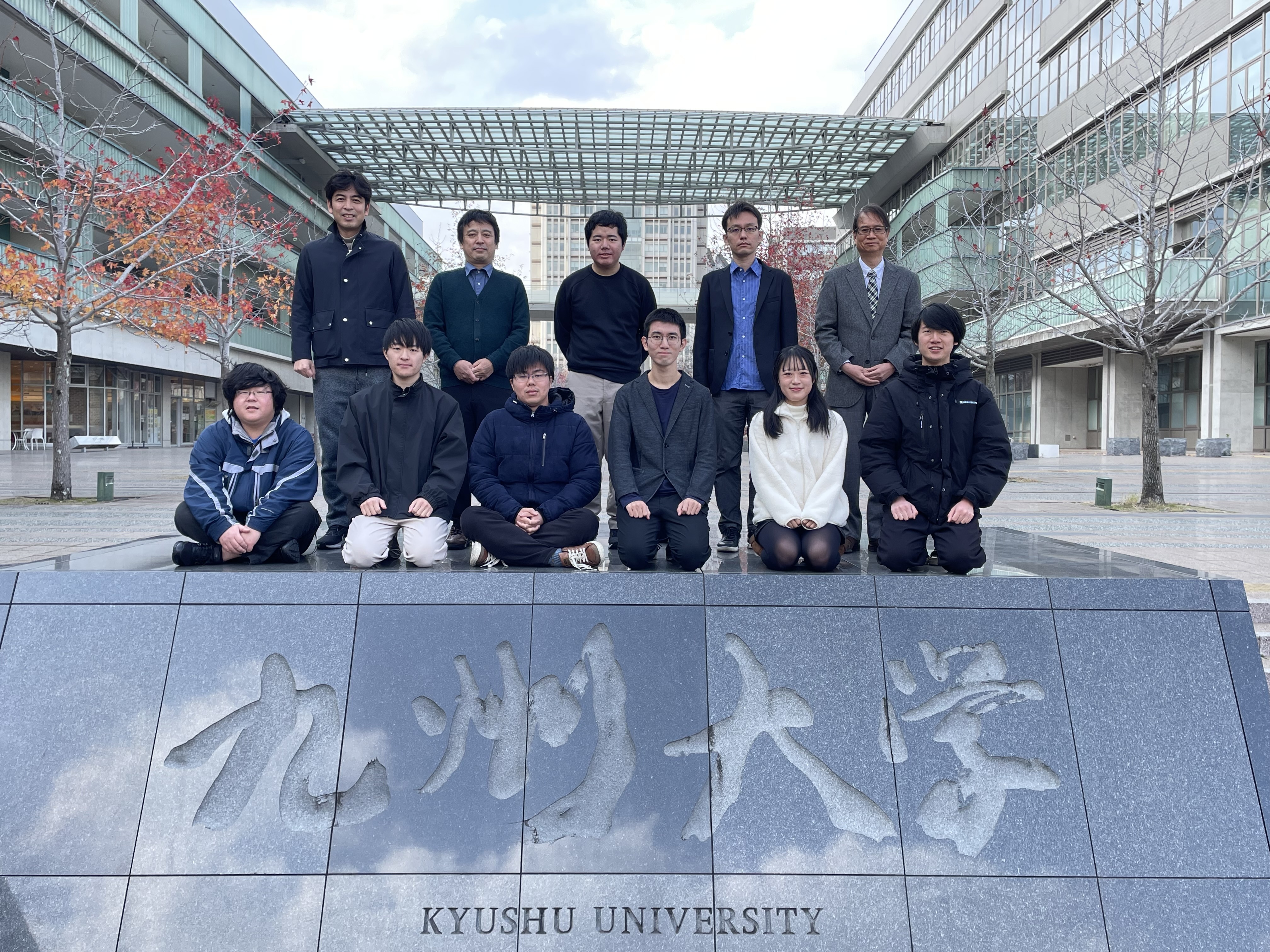
Photos for the 2024 Graduation Album were taken! [2024.12.06]
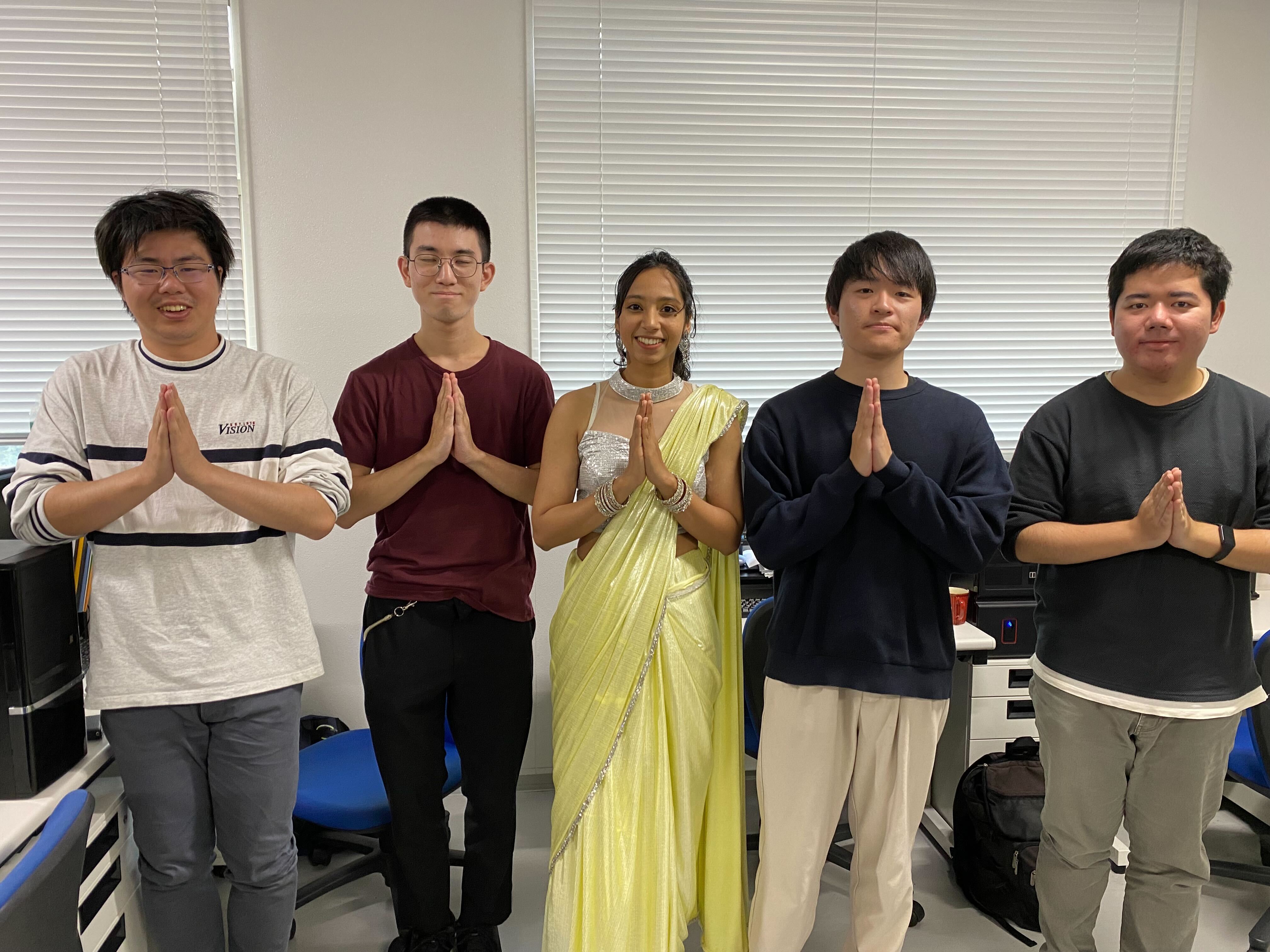
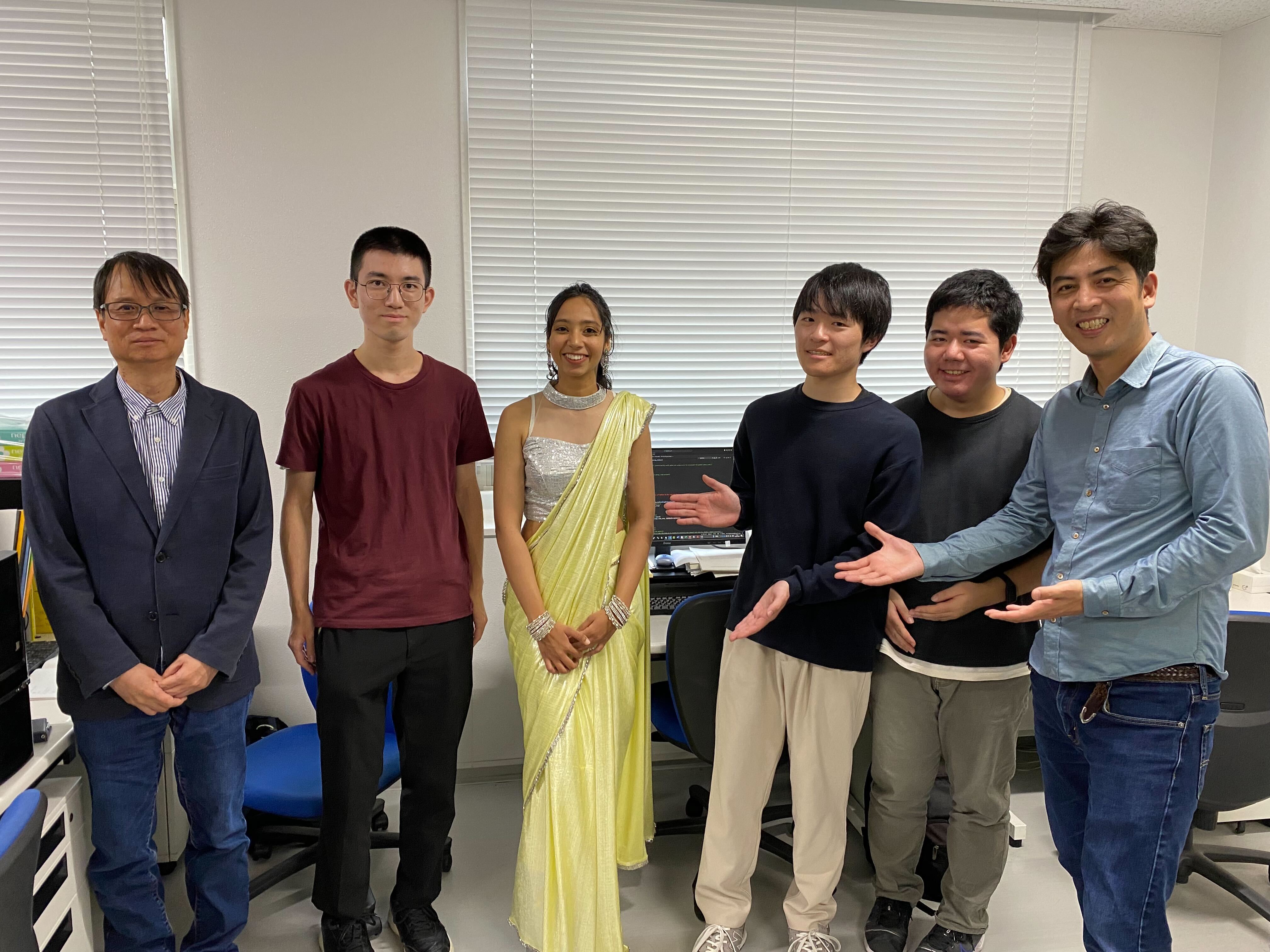
Ms. Sphoorthy Nadimpalli (Research student) from India moderated the Indian event “Vande Nippon” and performed dance at Asia Week 2024 held at Kyushu University from November 24(Tue) to November 9(Sat), 2024!
Research Overview
 Our group conducts research with the following background.
Our group conducts research with the following background.
It is well known that chemistry is the study of the structure, properties, and changes of molecules and molecular assemblies. Quantum chemistry (computational chemistry) aims to elucidate these phenomena theoretically, rather than empirically, based on first principles such as the Schrödinger equation.
Quantum chemistry has progressed with the development of computers since quantum mechanics was applied to molecular hydrogen by Heitler and London a few years after its construction, and now predicts the excitation spectra with an accuracy of a few kcal/mol for the electronic states of small molecules consisting of a few atoms. Potential energy surfaces of chemical reactions can also be obtained with extremely high accuracy. We are now approaching the stage where we can not only elucidate experimental facts but also predict gas-phase chemical reactions. On the other hand, we are also approaching the point where we can calculate not only small- and medium-scale molecules, but also large-scale realistic systems that are handled in the laboratory as they are.
Nevertheless, chemical phenomena are still complex and diverse, and quantum chemistry does not easily allow attempts to elucidate these phenomena from first principles without using empirical parameters. How to efficiently describe large-scale systems such as biomolecules, giant fullerenes, and metal clusters by narrowing down the target to the important parts involved in the reaction, how to achieve a sufficiently precise description that enables reaction prediction, how to handle chemical reactions not only on isolated molecules but also on solid surfaces and in solutions, and how to handle chemical reactions in environments such as solutions. How to describe the electronic structure and chemical reactions of systems containing heavy atoms by incorporating relativistic effects are some of the remaining problems to be solved. Based on this recognition, our laboratory is exploring the integration of both the theory of large-scale systems and high-precision theory through the following research and others.
- Accurate electron correlation theory that can describe even excited states with high accuracy
- Molecular orbital theory incorporating relativistic effects
- Chemical reaction dynamics based on ab initio molecular orbital method
- Molecular dynamics calculations incorporating quantum chemical effects of solvents
- Dynamics calculations of proton transfer in solution Ming
- Algorithm development for quantum chemical calculations using quantum computers
- Analysis of structure-function relationship of biomolecules
